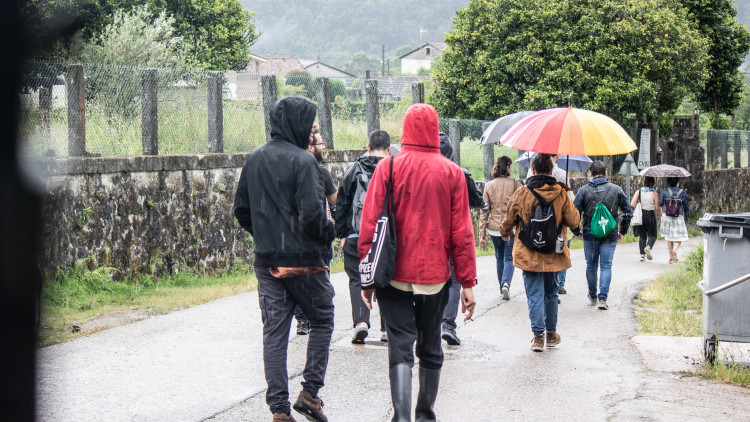Focus on the Nature Based Solutions and promoting circular economies

The three artistic works of art must be ecological responses that should be respectful of the environment and that deepen the maintenance of ecosystems.
The practice of the project ‘Art Living Lab for Sustainability’ is aligned with the UN Decade to build a #RestorativeGeneration, especially according to the points of Celebrating a culture of restoration, or listen and learn, our practice is based, like the UN Decalogue, on listening, listening and work together to find better ways to manage our environment, culture and heritage with the active participation of citizens.
In addition to meeting and the environmental challenges, the artistic works that must meet the artistic demand must be in nature-based solutions through activities. In other words, artistic works of art must be ecological responses that should be respectful of the environment and that deepen the maintenance of ecosystems.
The concept Nature Based Solutions (NBS) dates back to the end of the 2000s. In our case we will contribute to type 1 of NBS - Better use of protected/natural ecosystems: according to protection and conservation strategies in terrestrial ecosystems, etc. and with the Type 3 - Design and management of new ecosystems, according to rural water management and ecological restoration of degraded terrestrial ecosystems.
The concept Nature Based Solutions (NBS) dates back to the end of the 2000s and refers to the design and management of new ecosystems, according to rural water management and ecological restoration of degraded terrestrial ecosystems.
Finally, there is also a social demand in the form of demonstrations, protests, etc. about the need to attend to the environment in another way, and from the cultural sector, we must be attentive to these demands.
During the activities and project execution, ecological development will be prioritized in different ways, such as ground travel instead of flights (when possible), favoring local businesses, reducing print materials, online meetings (when possible) and using recycled materials... In addition, face-to-face meetings will be reduced.
The commitment is to generate circular economies, whose waste and ecological footprint is reduced, while the materials used for the artistic works must be environmentally friendly, so the use of plastic and cement in the production of works is prohibited.
